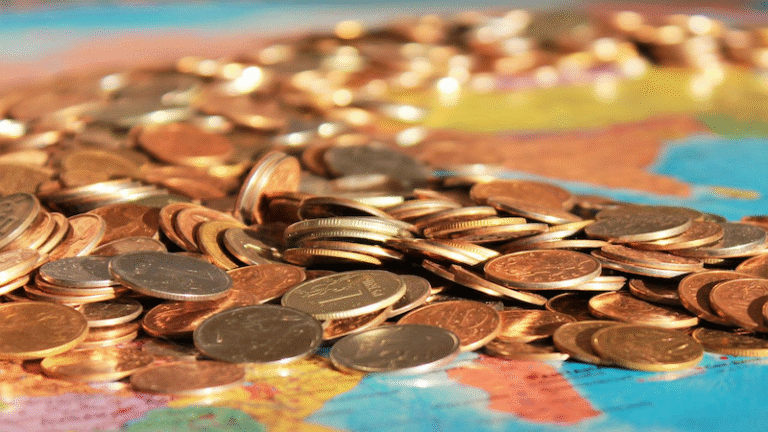Some fifty years ago there was generally no talk of Islamic banking and finance. The industry was just born to meet the needs of Muslims who were looking for financial services in compliance with Islamic Shari’ah and other Islamic principles of life and values, thereof. Today, according to many who report on banking and finance and more specifically Islamic banking and finance, confirm that the industry is about to reach some US$ 5 trillion of assets by 2025. This is a staggering number by any standards but still miniscule and small compared to conventional banking and finance, probably in the region of about 1 to 1.5%.
After outliving the tumultuous years of the global Covid-19 pandemic, and the many global financial crises, which affected world finance over the years, the Islamic Banking industry proven its resilience, and it is still, not only growing, but also thriving.
It has taken over large parts of the banking industry in the GCC countries, many West Asian countries like Iran, Türkiye and others, Africa, South Asian and Pacific countries, Europe and many other parts of the world. It is reported to being practised in over 80 countries according to the Islamic Financial Services Board (“IFSB”), roughly half of the world’s countries. This is quite a remarkable achievement for an industry that is barely fifty years old and specially when it comes to money and money management. It is ethical, connects to the real economy, and meets sustainable development goals, which is, probably, the secret of its success.
The World Bank Group, the IMF, and financial rating and reporting agencies like Moody’s and S&P all report that the industry is growing at a healthy 10% annually and that it is expanding into new markets with more products and services that meet the needs of governments, corporates, private persons, and communities.
Countries like Saudi Arabia, the United Arab Emirates and Kuwait play pivotal roles in the development of the industry. Malaysia, Indonesia and Egypt are not far behind in contributing to the growth of the industry. In Malaysia alone, it constitutes about 40% of the total financial ecosystem.
Muhammad Zubair Mughal, CEO of AlHuda Center of Islamic Banking and Economics (CIBE), a Dubai based Islamic Finance Research and Development organization notes that “”While navigating initial disruptions, the industry has demonstrated its inherent strengths, emerging stronger and poised for significant growth.”
The Sukuk markets, digital transformation and sustainability are all emerging as critical themes of the industry. Many countries now seek finance through issuance of sukuks (Islamic bonds) to finance various projects, and in particular long-term developmental projects.
Lack of supportive global standardization of the business was, at one time, a major stumbling block to the growth of the industry but since then the industry has come up with global standards spearheaded by institutions like the Accounting…
Read More: The World Of Islamic Finance – OpEd – Eurasia Review




